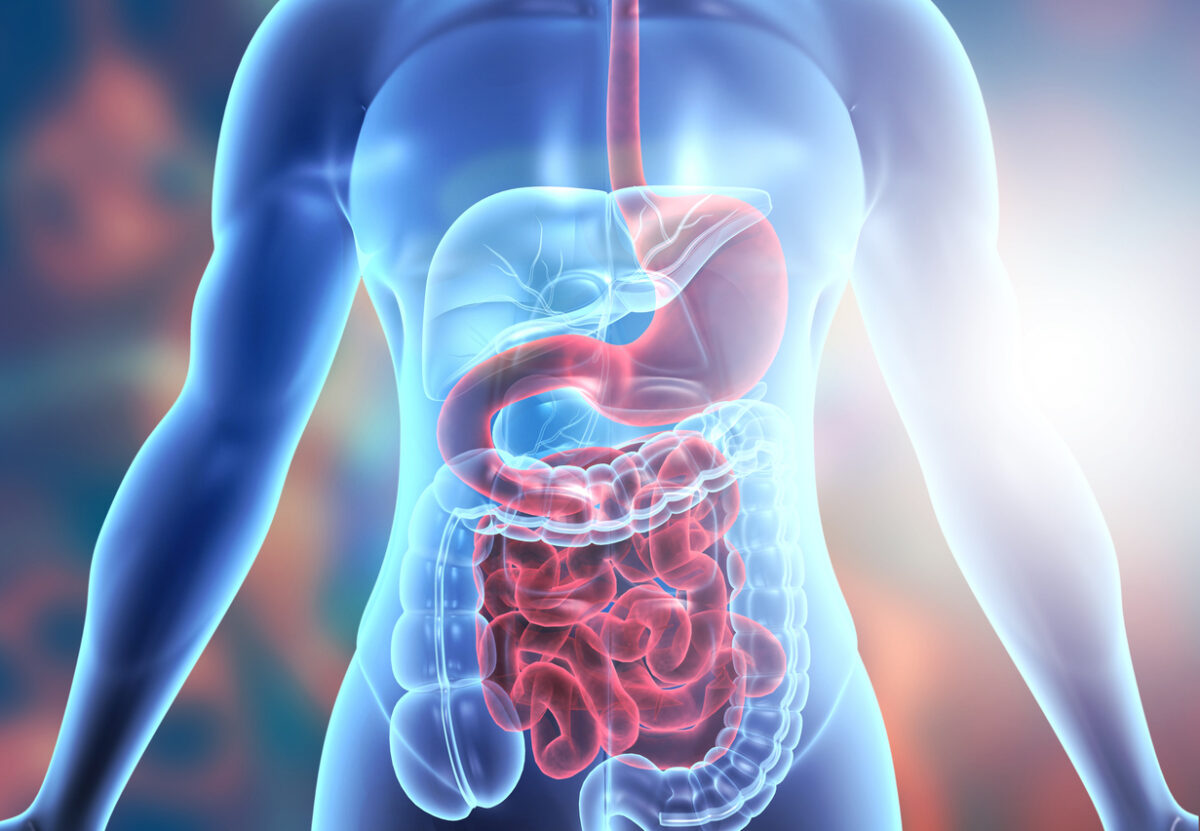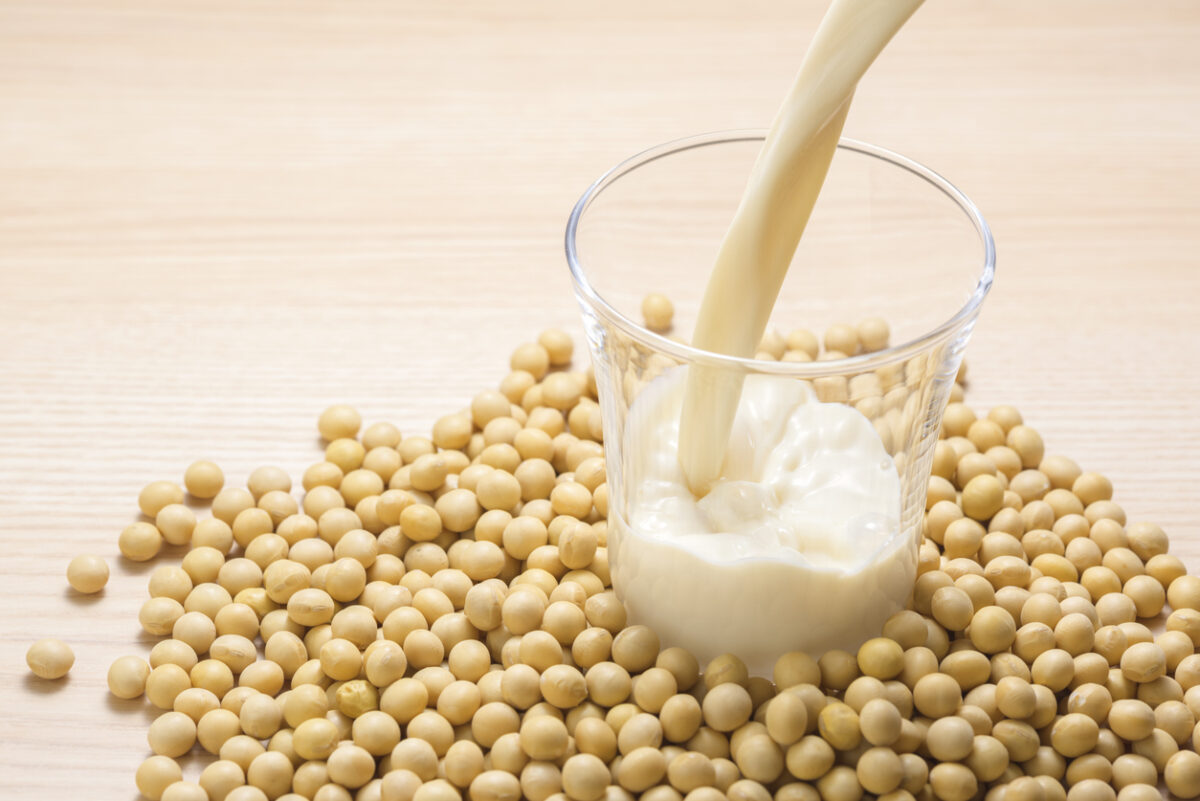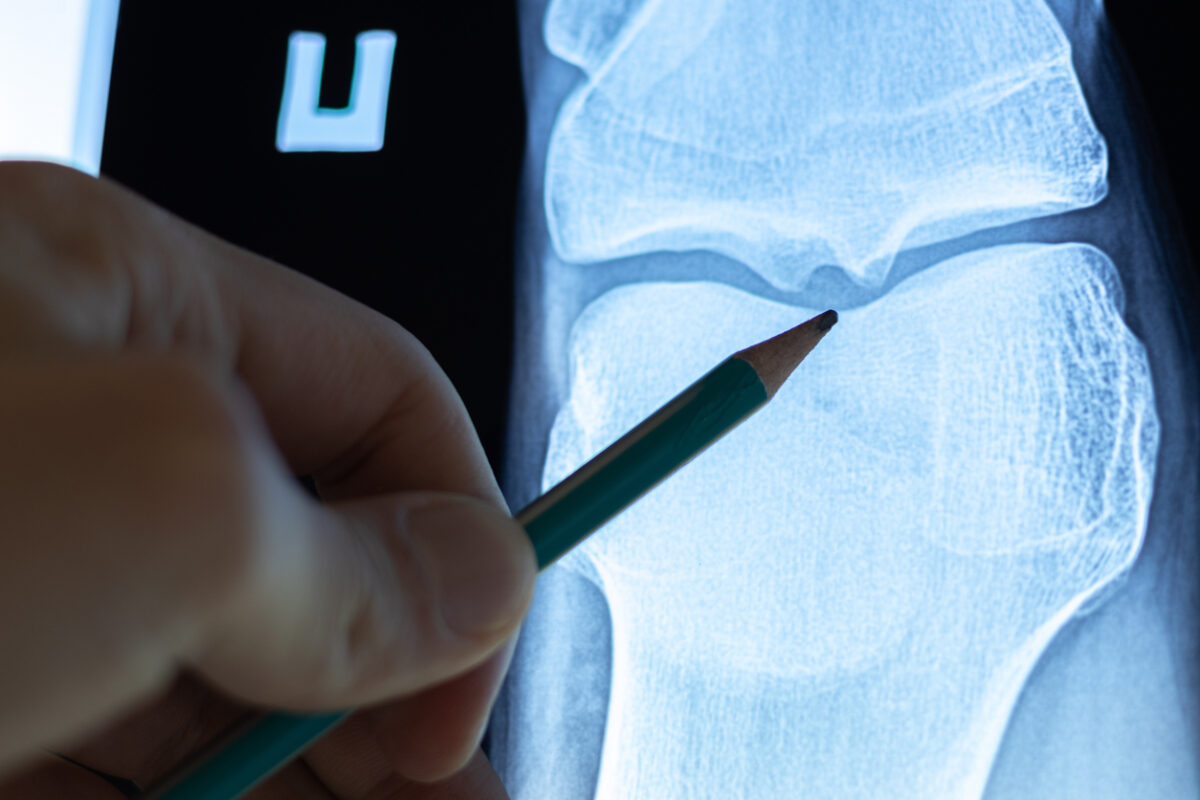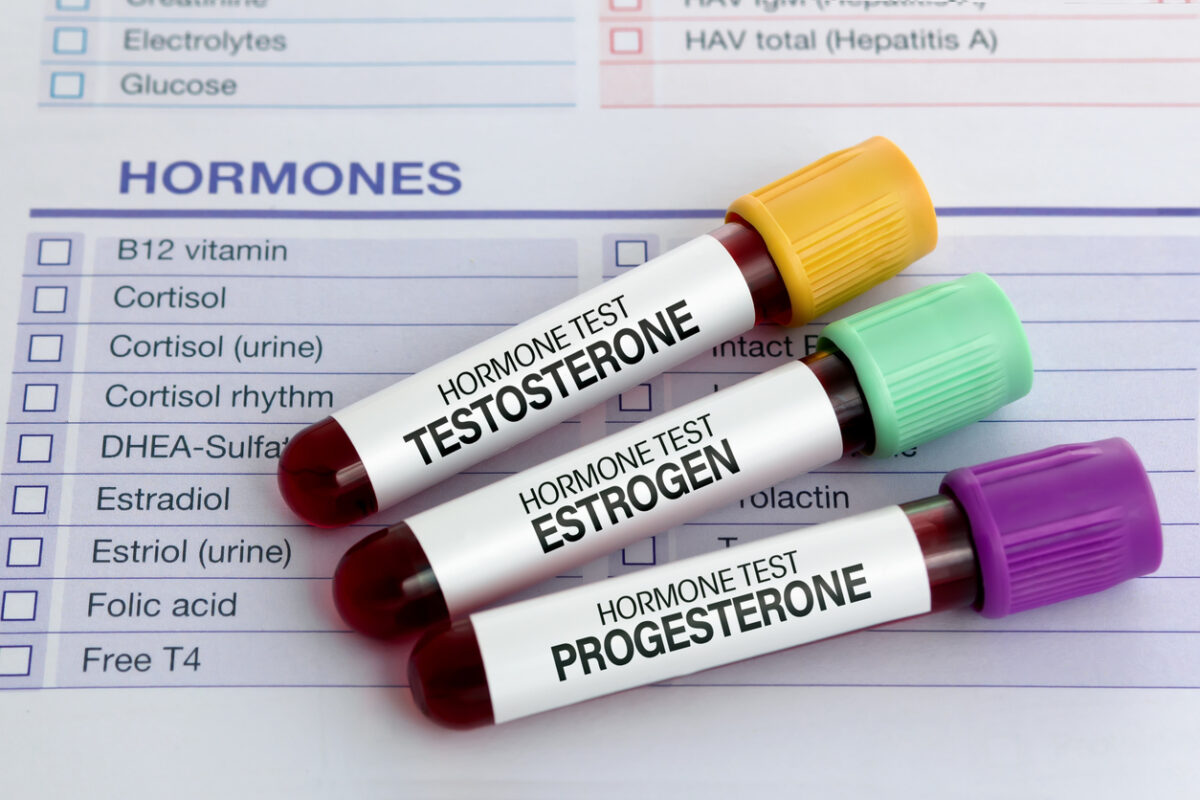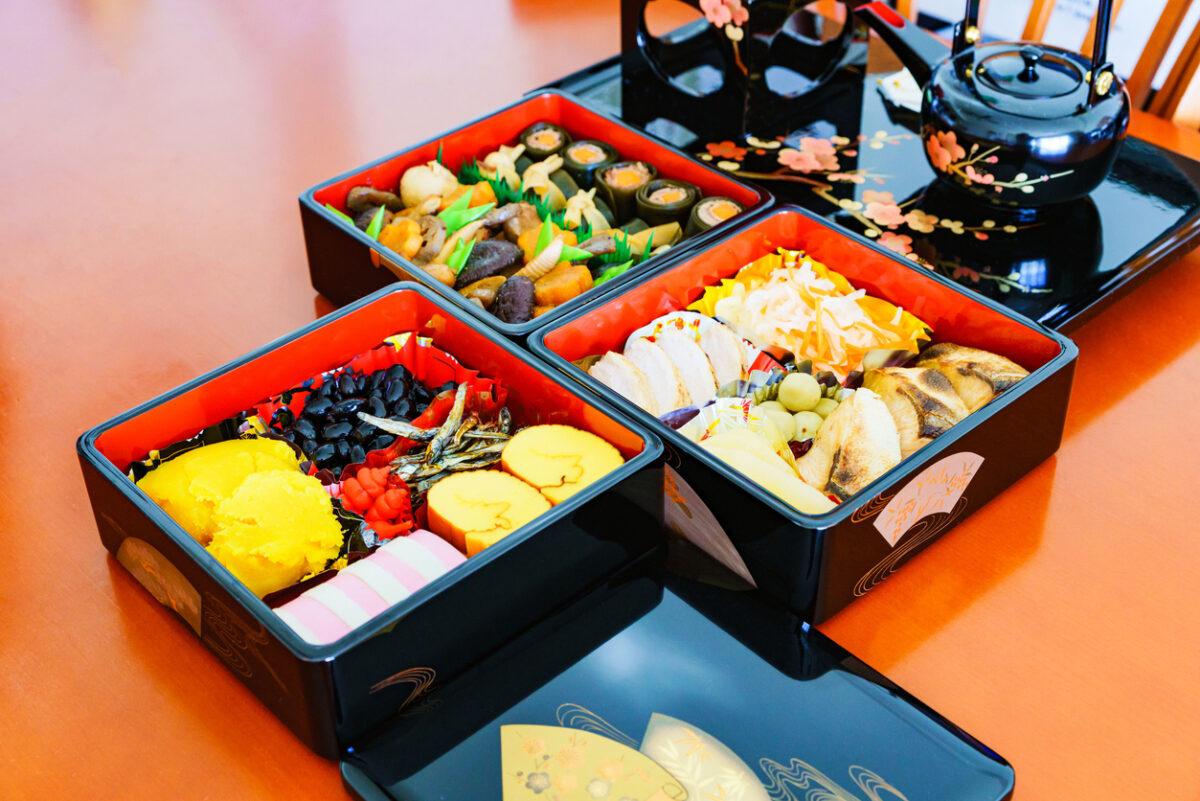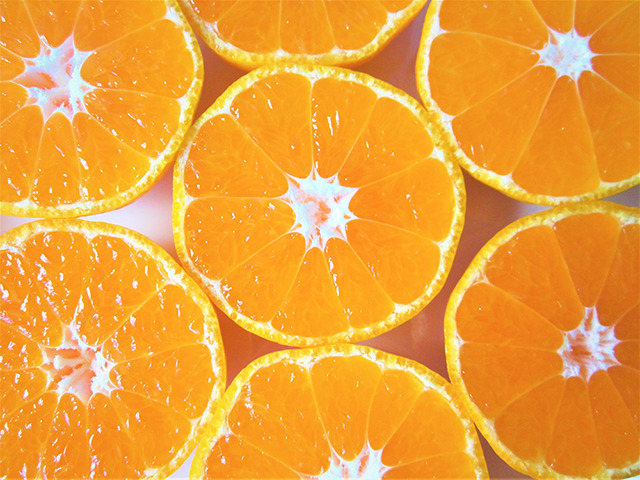Introduction
Fermented foods have been a staple in many traditional diets for centuries, and modern science is increasingly confirming their benefits for gut health. These foods, rich in probiotics and bioactive compounds, contribute to better digestion, improved immunity, and overall well-being. In this article, we will explore how fermented foods support gut health, highlight some of the best options, and take a closer look at the unique role of Japanese fermented foods.
Why Gut Health Matters
The gut microbiome, a complex community of bacteria living in our intestines, plays a crucial role in digestion, immunity, and even mental health. An imbalance in gut bacteria can lead to digestive issues, weakened immunity, and chronic inflammation. Fermented foods provide beneficial bacteria that help maintain a healthy balance in the gut.
How Fermentation Enhances Nutrition
Fermentation is a natural process in which microorganisms such as bacteria and yeast break down sugars and starches. This process not only preserves food but also enhances its nutritional value. For example, fermented foods are often richer in vitamins, easier to digest, and contain bioactive compounds that support health.
Top Fermented Foods for Gut Health
Many cultures incorporate fermented foods into their daily diets. Some of the best fermented foods for gut health include:
- Yogurt: A well-known source of probiotics, yogurt supports digestion and helps regulate gut bacteria.
- Kefir: A fermented dairy product similar to yogurt but with a more diverse range of probiotics.
- Sauerkraut: Fermented cabbage that is rich in fiber, probiotics, and vitamin C.
- Kimchi: A Korean staple made from fermented vegetables, usually cabbage and radish, seasoned with chili peppers and garlic.
- Kombucha: A fermented tea rich in beneficial bacteria and antioxidants.
- Miso: A Japanese soybean paste used in soups and dressings, packed with probiotics and essential nutrients.
The Connection Between Fermented Foods and Overall Health
Studies suggest that fermented foods can help:
- Improve digestion and alleviate symptoms of irritable bowel syndrome (IBS).
- Strengthen the immune system by supporting a healthy gut microbiome.
- Reduce inflammation, which is linked to chronic diseases like heart disease and diabetes.
- Support mental health by influencing the gut-brain axis, potentially reducing symptoms of anxiety and depression.
Japanese Fermented Foods and Their Unique Benefits
Japan has a long history of incorporating fermented foods into daily meals, and this dietary habit is believed to contribute to the country’s high life expectancy and low rates of certain diseases. Some of the most beneficial Japanese fermented foods include:
- Miso: Fermented soybean paste, which contains probiotics and antioxidants that support gut health and may help reduce bad cholesterol.
- Natto: Fermented soybeans that are rich in vitamin K2, which is essential for bone health, and nattokinase, an enzyme that promotes heart health.
- Soy Sauce: Made from fermented soybeans and wheat, providing beneficial compounds that enhance digestion.
- Tsukemono (Japanese Pickles): Fermented vegetables that support gut flora and digestion.
The Link Between Miso, Breast Cancer, and Menopause
Research suggests that Japanese women experience lower breast cancer rates and milder menopause symptomscompared to women in Western countries. One possible reason is their high consumption of miso and other fermented soy products.
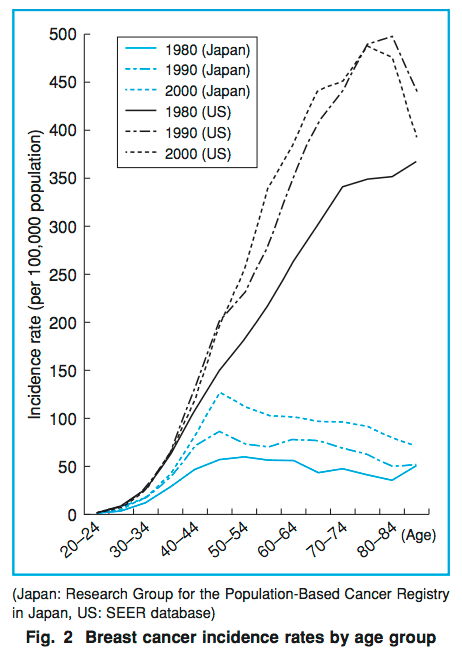
- Breast Cancer: Research suggests that Japanese women experience lower breast cancer rates and milder menopause symptomscompared to women in Western countries. One possible reason is their high consumption of miso and other fermented soy products.
While there may be a complex of reasons for the above, Harvard T.H. Chan School of Public Health introduces a study, which suggested a lower risk of breast cancer and lower risk of breast cancer recurrence by taking more soy foods, in their web page, “Straight Talk About Soy.”Oregon state university also introduces the same study. (Refer these web pages for further details.)Both web pages also introduce a mixed extent of benefits depending on individuals and Asian women vs. Western women. There are some analysis and guess of the reason. The hint maybe in the studies of the National Cancer Center of Japan, the country of soy diet..
- Menopause Symptoms: The traditional Japanese diet, rich in fermented soy, may contribute to fewer and less severe menopause symptoms. Studies suggest that fermented soy compounds can help balance hormone levels naturally
HRT (hormonal replacement therapy) for menopause symptoms was surprisingly unpopular in Japan, only about 1.7% vs 38% in the USA, according to a research in 2009.
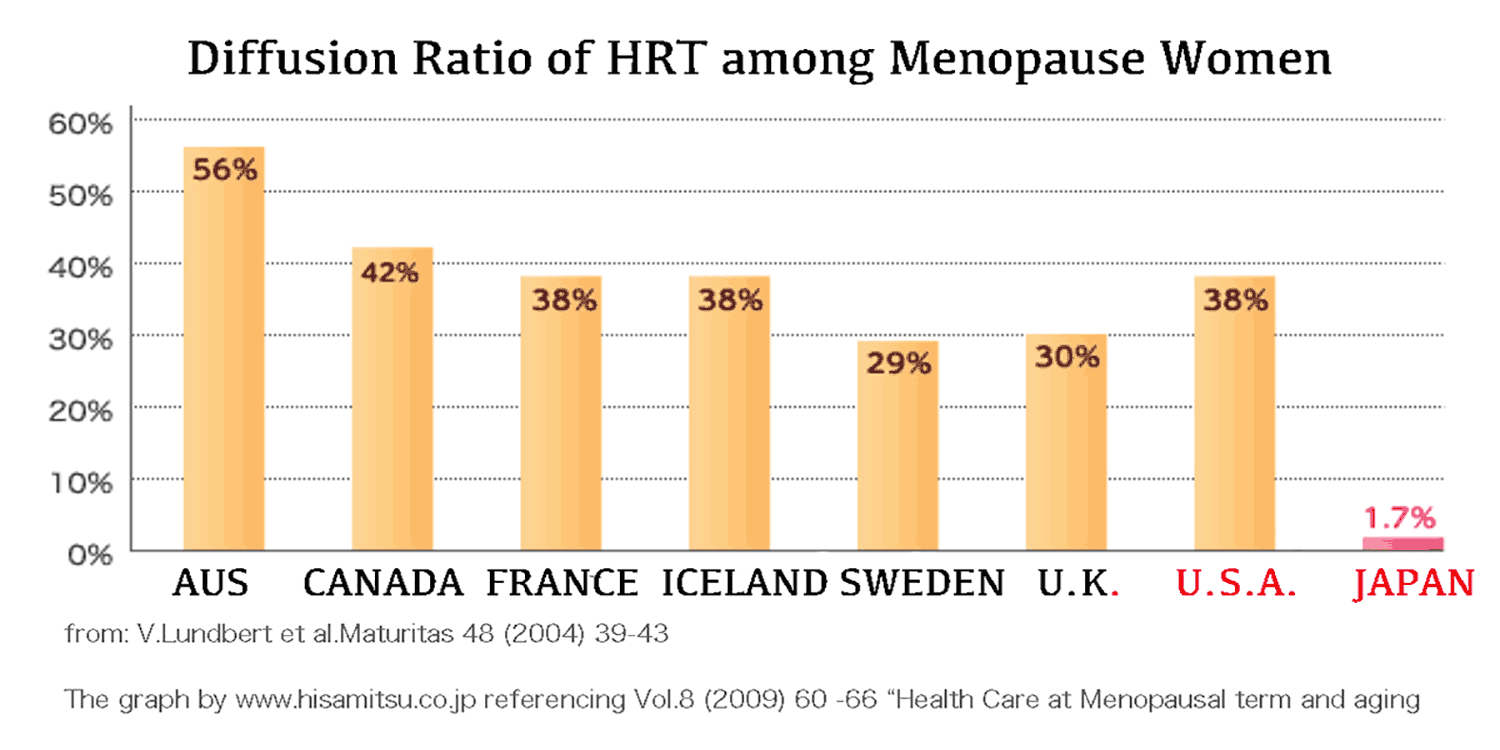
.
Juveriente® offers a supplement called Effisoy, which is inspired by the benefits of fermented soy in supporting hormone balance during menopause
.
Conclusion
Fermented foods play a vital role in gut health and overall well-being. Whether you choose yogurt, kimchi, kombucha, or miso, adding these foods to your diet can enhance digestion, boost immunity, and even support hormonal health. Japanese fermented foods, in particular, offer unique benefits that contribute to longevity and disease prevention.
If you’re looking for a natural way to support your gut and overall health, embracing fermented foods is a great place to start.
Take the benefit of fermented isoflavone through our supplement
Juveriente®’s Effisoy, launched in 2016, based on fermented soy bean germ extract has been loved as a natural menopause relief since its launching in 2016.
Its primary function is to boost the weakened synthesis of a hormone precursor, DHEA. It helps the precursor, DHEA. Rebalancing the precursor will eventually recover your hormones in line with your natural balance. It will help you refresh your various functions for your beauty.
Here are some of the real product reviews in our Amazon shop.
“Restful sleep finally!!”, “I Am Now Free of Hot Flashes!!”, “Lifesaver”



